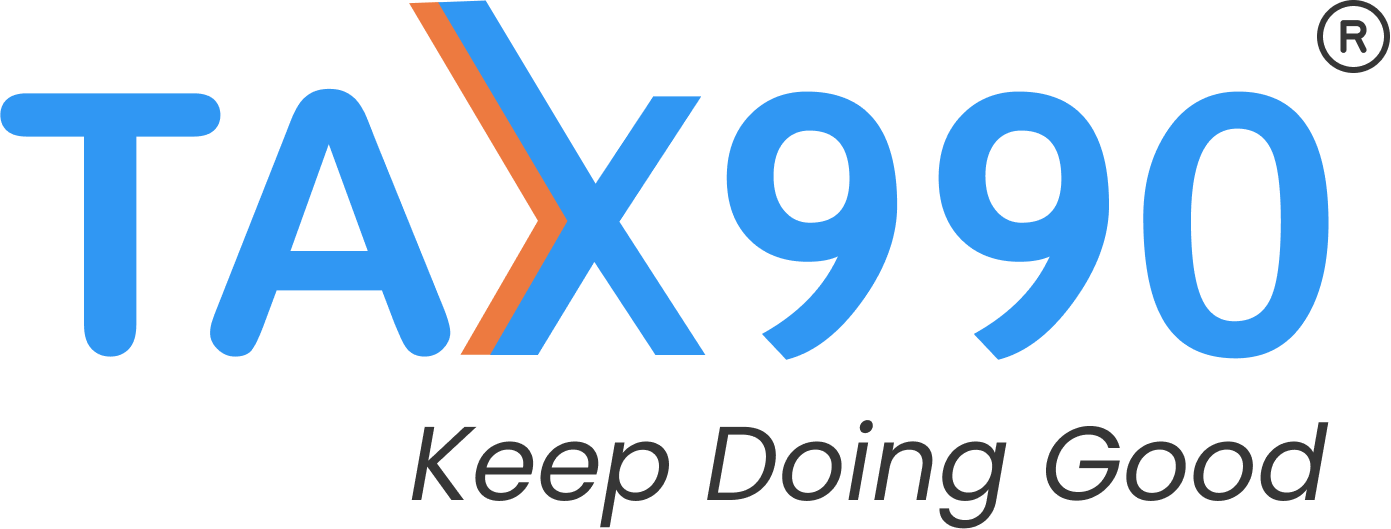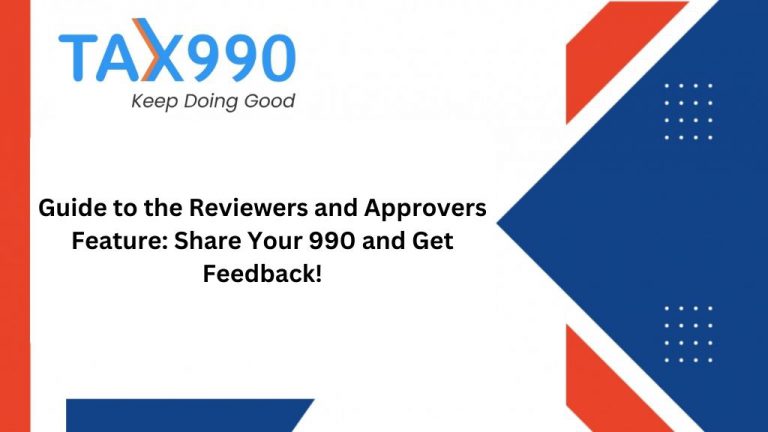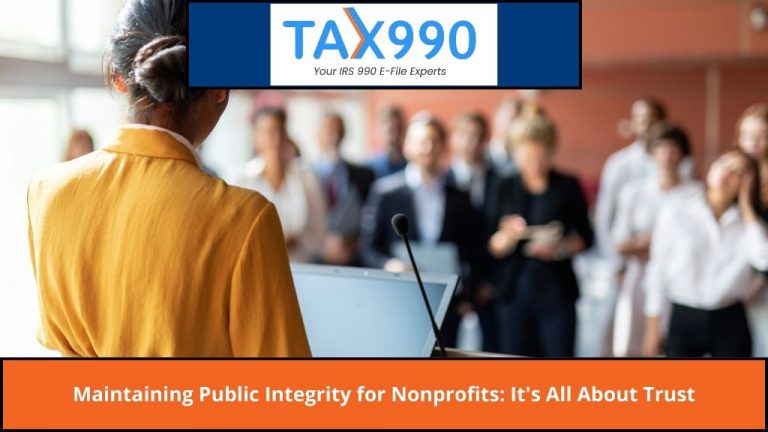Estimated reading time: 17 minute(s)

Receiving a letter can be a wonderfully personal, nostalgic experience…unless, of course, that letter happens to be from the IRS. If your organization receives a letter from the IRS saying that your organization owes money, it can seem scary and overwhelming! You’ll want to take care of the issue as soon as possible to avoid further interest/penalties as well, adding an extra element of “timed” pressure to the whole situation.
Luckily, the IRS offers you a variety of ways to pay what you owe–and Tax 990 is here to guide you through the process, along with explaining some of the common reasons why you may owe the IRS money. Read on to gather the information needed to pay what’s due quickly and easily!
How Exactly Do I Pay the IRS?
Luckily for us all, the IRS offers multiple payment options! The simplest way of paying with Tax990 is when you file your Series 990 Form with us–you’ll simply choose to pay using either Electronic Federal Tax Payment System (EFTPS) or Electronic Fund Withdrawal (EFW).
During your 990 filing, your organization will need to select a payment method. By selecting a payment option within Tax990, you’re confirming that you are aware you owe the IRS money and have a plan by which you intend to pay. Remember–while Tax990 provides payment options, it does not process any IRS payments.
Electronic Federal Tax Payment System
EFTPS is a free tax payment service provided by the U.S. Department of Treasury…so keep in mind that it may take about 15 business days to fully set up an account. Once enrolled, however, you’ll have the ability to pay any tax due to the IRS. Furthermore, you can schedule payments 24/7 and up to a full year in advance–making this a particularly convenient option. You can enroll for EFTPS at www.eftps.gov/eftps/.
If you already have an EFTPS account, it takes only a few minutes to pay your organization’s taxes! Keep in mind that payments must be scheduled by 8 p.m. EST the day before the deadline to be considered on-time by the IRS. Funds will be withdrawn from your bank account on the selected date.
If you choose EFTPS as your payment option, you are accepting the responsibility to send the tax due payment to the IRS using the EFTPS.gov website or by other means.
Electronic Funds Withdrawal
EFW is an e-pay option only available to individuals filing with tax preparation software (such as Tax990), or through a tax professional.
If EFW is selected, you’ll be able to pay tax return balances when you e-file, make a stand-alone payment after e-filing, or pay estimated/extension tax. You will provide your bank account information (including routing and account numbers), your payment or withdrawal amount, and the date you want the funds to be automatically withdrawn. This grans the IRS access to withdraw funds directly from the bank account provided.
Create an IRS Account
Taxpayers also have the option to create an IRS account, allowing their organization to access tax records, make payments, and view recent payments made. When paying through an IRS account, users can pay by bank account, credit or debit card, or with an IRS digital wallet.
You can keep track of these payments by signing up for email notifications each time you use IRS Direct Pay. These notifications will contain the confirmation number you receive at the end of each payment transaction.
If you choose to pay the IRS directly, you are accepting responsibility to send the tax due payment to the IRS using a credit or debit card. If you need assistance or have questions about paying an IRS balance, you will need to contact the IRS directly. The IRS offers several options where you can pay immediately or arrange to pay in instalments.
Visit the IRS Payments page to learn more about paying the IRS, to pay a balance, or to set up an IRS Payment Plan.
Why Would My Organization Owe the IRS Money?
While it may seem like it comes out of nowhere, the truth is that there are multiple reasons an organization may owe the IRS money:
- Failure to File: Failing to file a return (or not filing on time) is likely the main reason organizations find themselves owing money to the IRS. If an organization does not file its annual return on time or fails to pay the total amount of taxes due, it may be subject to penalties from the IRS. Another important thing to remember–failing to file a 990 return for three consecutive years puts an organization’s tax-exempt status at risk of revocation.
- Private Benefit: Filers (except those that filed 990-N) will be asked to provide the salaries of board members, officers, directors, and other key employees in their organization. This is to ensure no income or assets are used to benefit insiders. Organizations found guilty of private benefit could be subjected to penalties and lose their tax-exempt status.
- Lobbying and Political Activity: Although tax-exempt organizations are allowed some wiggle room in regard to lobbying, it cannot be a substantial part of an organization’s operations. Contacting (or encouraging the public to contact) entities of a legislative body can directly impact an organization’s tax-exempt status in a negative way. Organizations should remember to remain neutral with political campaigns–failing to do so puts your tax-exempt status at risk. This can be a gray area for certain organizations (churches and educational organizations, for example), so it’s best to turn to the IRS for more information on these guidelines.
- Unrelated Business Income: Even after an organization is recognized as tax-exempt, it may still be liable for tax on its unrelated business income (UBI). There are certain restrictions on how much income an organization can bring in from UBI activities–in other words, from activities that stray from the organization’s main operational purpose.
- Changing Purpose: An organization is expected to uphold its proposed operations, purpose, and activities outlined in its determination letter. Changes to this organizational purpose may affect tax-exempt status. As with anything tax related, those who are unsure whether a proposed change in purpose or activities is consistent with its status as an exempt organization should check with the IRS directly.
Tax990 is Here to Help!
It’s no secret–the best way to avoid owing the IRS money is by staying up-to-date on your 990 filing requirements! Learn more about how Tax990 can help you on our website or through any of our other informative blogs here.
And if you do owe the IRS money? Pay as soon as possible. While realizing you owe the IRS money may be stressful, continuing to owe them is even more so.
Avoid the stress by filing your Form 990 return early or by filing an 8868 Extension Form with Tax990 before the deadline. Click here to get started!



